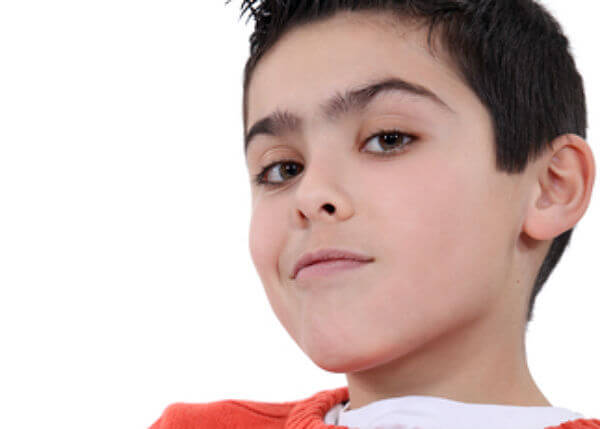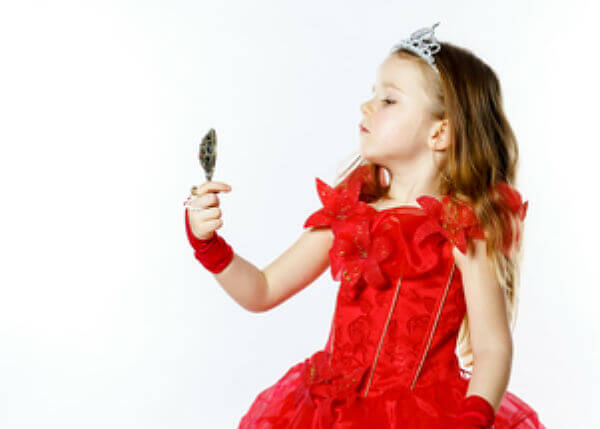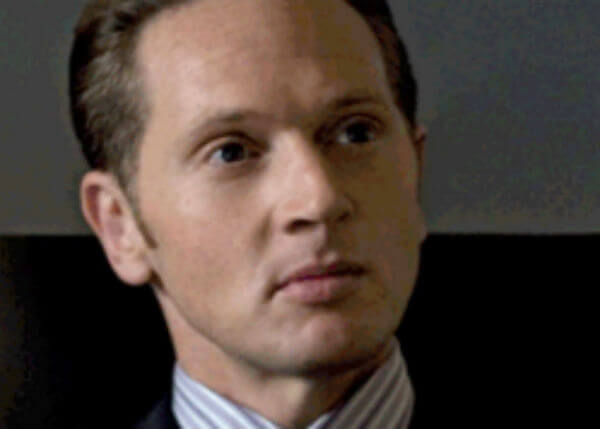Has reading that there is no cure for narcissistic personality disorder (NPD) made you feel depressed, anxious, frightened, desperate or even reckless? If it has, you are not alone.
Fighting Narcissism in Our Children
Helping my Son Deal with his False Pride . . .
Because I feel it is so important that we learn to fight narcissism in our children, today I want recall for you a time when my son developed a bad case of false pride.
My our eldest boy was about 15 years old, complaints began coming home from his teachers about his loud and opinionated behavior and general lack of discipline at school.
My son didn’t know that other students (including kids he considered friends) had been complaining to his teachers about him too.
When I first approached him about this behaviour he argued and tried to blame his teachers. Then when I mentioned his friends, shame welled to the surface and he began to blame me.
I have become pretty good at recognizing the signs of narcissism over the years and so following my own advice I quickly ended the conversation and decided to let him sweat it out on his own while I got on with my work.
For a few days he sulked and made it clear he hated me and tried to make out that the problem was all mine.
My heart was heavy and I felt hurt by his behavior, but I also knew that this was a vital time in his development I needed to help him through. I knew that I had to battle my own codependence and stand strong without letting him unbalance me.
Finally one day after school I saw my son lying on the bed with his back to the door and his face staring into a dark corner. I sensed my time had come and walked in and said softly,
It looks like you’ve painted yourself into a pretty bad corner with your teachers and friends at school – do you need some help getting out of the mess you are in?”
His pride still had it’s icy grip on him, only allowing him to give the wall he was facing a tiny nod.
I sat down on the bed and said, “Telling people you are embarrassed about what you have done is really tough – but people will usually forgive you if you do. There is a catch though and I wonder if you can you guess what it is?”
He rolled to face me and said, “They might forgive me once – but I won’t get away with it again?”
I said, “Exactly. Being sorry is not going to be enough – admitting you are embarrassed is going to be hard – but that is the key.”
The next day when he left for school I had never seen him look so scared, and then later when he came home, never so happy or relieved. Not only had his teachers forgiven him, when he admitted he was embarrassed they also gave him a lot of affection and warmth.
Children need help learning to express their shame in healthy ways – and to teach it to our children it is something we must be able to do.
Kim Cooper






This Post Has 0 Comments